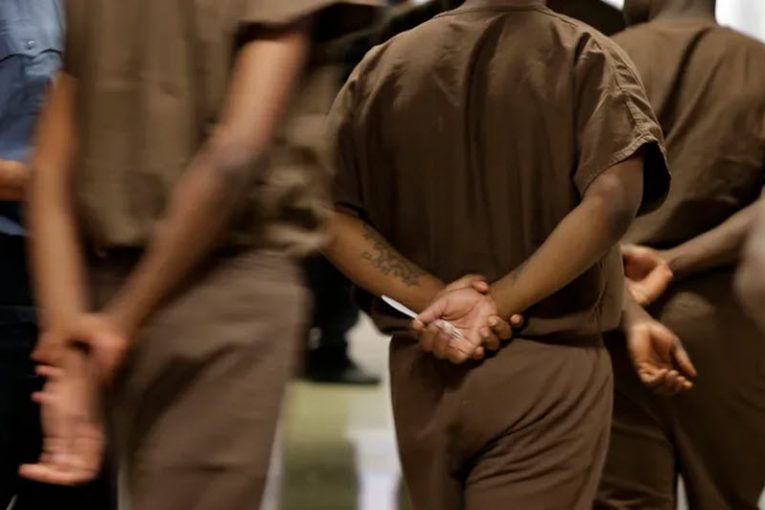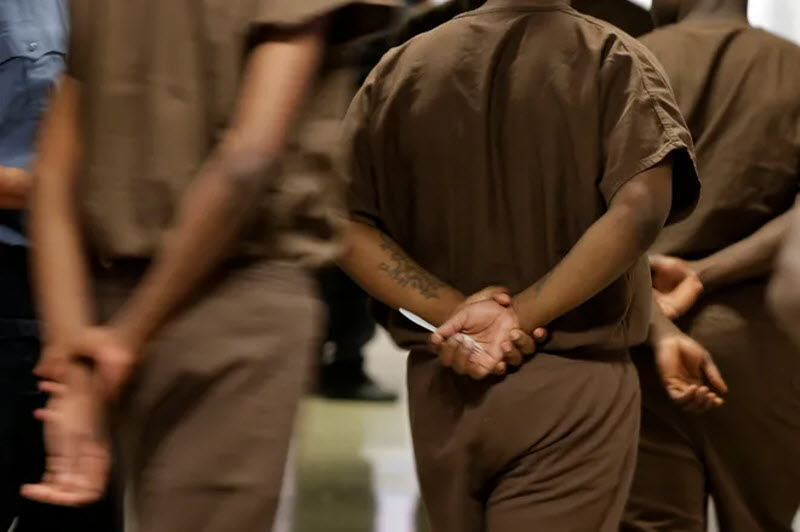

By Nghiep “Ke” Lam and Borey (“Peejay”) Ai
As formerly incarcerated community leaders, we (Peejay Ai and Nghiep Ke Lam) were shocked to hear San Francisco District Attorney Brooke Jenkins’ plans to prosecute children as adults. Jenkins’ decision goes against years of progressive criminal justice reform across the state. Other District Attorneys like George Gascon and Pamela Price have pursued progressive policy alternatives to mass incarceration rooted in healing. DA Jenkins’ position to criminalize youth will only devastate our communities.
We (Peejay Ai and Nghiep “Ke” Lam) were sent to prison at 14 and 17 years old. Over two decades in prison, we found rehabilitation and healing through the collective support of our peers, not by being locked up.
Like most children in prison, our childhoods before incarceration were defined by violence and poverty. Peejay and his family fled the Khmer Rouge genocide in Cambodia, while Ke and his family were boat refugees from Vietnam. After resettling to California as youth, we struggled with bullying, school shootings, and gang involvement. Our families’ traumas compounded without any solutions. We responded to systemic violence with more violence. It was the only way we knew how to protect ourselves—it was the only  way we could survive.
way we could survive.
As young people, growing up in prison was a scary place. We were separated from our families and forced to navigate our surroundings so that we wouldn’t get taken advantage of by guards and others around us. We had to learn another set of survival skills that often prevented our r rehabilitation. Incarceration undermined our health and well-being as youth.
Back then, we needed the resources that all young people deserve: access to education, community support, and the opportunity to learn from our mistakes. No one gave us these resources in prison, so we created them for ourselves.
In 2010, we joined other juvenile lifers to co-found Kid C.A.T (Creating Awareness Together) at San Quentin State Prison. We wanted a space to address the growing issues and challenges of people who were sentenced as adults when they were children.
What began as a space for understanding harm, accountability, and transformation ignited a movement to reform the California criminal legal systems through the passage of SB 260 and SB 261, more commonly known as youth offender parole hearing laws. The passage of SB 260/261 granted people who were convicted as youth eligibility to go before the parole board. This was a major step into recognizing the injustices of mass incarceration, the “tough-on-crime” crime policies of the 80s-90s, and racial bias within our criminal legal system.
Before the passage of the youth offender parole hearing laws, many of us had been denied hearings because of our lack of “outside” experience. Despite taking every program available to us in prisons, our parole boards used factors like our lack of education or work experience outside as reasons to deny our freedom. When we were originally sentenced to prison, we were tried as adults. Now, we were being denied parole because of our youth.
Prosecuting children as adults is simply a band-aid solution. We were once these children. We know firsthand that addressing mass incarceration and juvenile justice requires preventative strategies and solutions. It also requires us to reconcile that thousands like us have had to grow up in prison without the proper resources needed to address our childhood traumas and violence.
Jenkins’ proposed policy of prosecuting children as adults would undo the progress and healing that Californians have been fighting for. As reentry workers and advocates, our work is rooted in transformation and healing. This work allows us to see clearly solutions that are needed to make our communities safer and more whole.
Now more than ever, we ask our California elected officials to join our movement for change and healing. We will continue to do our part, building up impacted communities to reduce recidivism. For our District Attorneys, we ask that you stop prosecuting children as adults. And for the Governor of California, we call on you to grant more clemencies to reunite loved ones with their families.
Together, we can build a safer and whole society in which our intentions are truly rooted in care, community, and transformation.
Nghiep “Ke” Lam is a refugee from Vietnam and a former Juvenile Lifer. He was a youth mentor for over 10 years, helped co-founded the first API Ethnic Studies program, ROOTS, at San Quentin and established Kid C.A.T, a juvenile lifer program that helped change California’s youth law (SB9, SB260, SB261). He currently works as the Reentry Coordinator for Asian Prisoner Support Committee, providing reentry services to returning community members in the Bay Area.
Borey (“Peejay”) Ai is a refugee whose family fled the Khmer Rouge genocide in Cambodia. At age 14, Peejay was tried as an adult and sentenced to 25 years to life, making him one of the youngest “juvenile lifers” in California. While incarcerated, Peejay transformed his life. As a Community Advocate with the Asian Prisoner Support Committee, Peejay now provides peer-support services and anti deportation defense to communities impacted by the criminal justice system.

